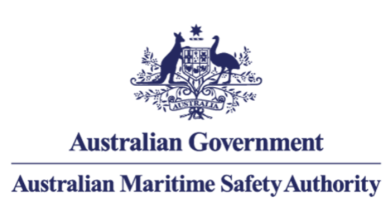
The National Transportation Safety Board (NTSB) has released its Safer Seas Digest 2023, highlighting the most important lessons learned from 31 maritime tragedies that took place last year involving capsizings, contact, collisions, fires, flooding and groundings.
Among the investigations, the most sobering investigations NTSB conducted involve the loss of human life. In 2023, they completed their investigation of the fatal collision between the Coast Guard cutter Winslow Griesser and the center-console boat Desakata, which took the life of one Desakata crewmember and seriously injured another. Continue reading “Safer Seas Digest 2023 published by the NTSB”
 The Australian Maritime Safety Authority (AMSA) has fined a ‘hire and drive’ operator $3,756 for the illegal charter of a domestic commercial vessel (DCV) on Sydney Harbour.
The Australian Maritime Safety Authority (AMSA) has fined a ‘hire and drive’ operator $3,756 for the illegal charter of a domestic commercial vessel (DCV) on Sydney Harbour.






 In the first week of June, attendees from around the world gathered for this year’s IIMS AGM, Conference and Dinner.
In the first week of June, attendees from around the world gathered for this year’s IIMS AGM, Conference and Dinner.